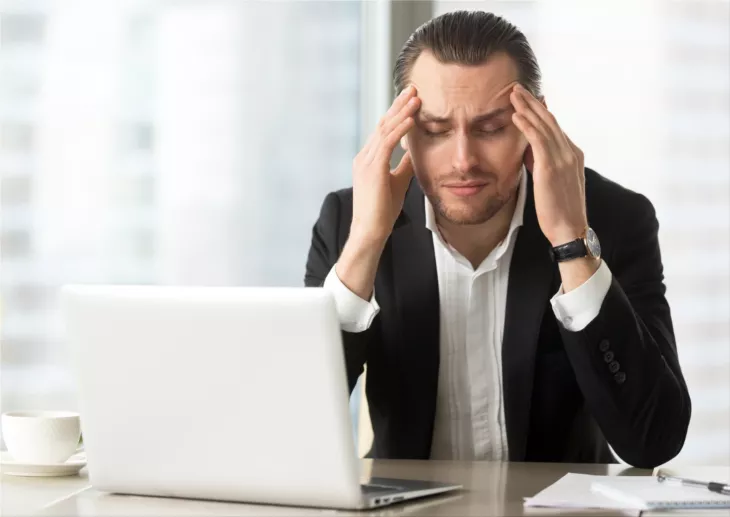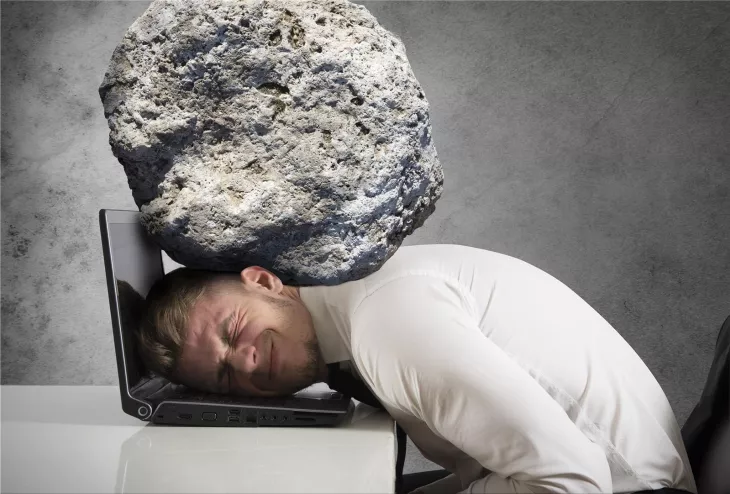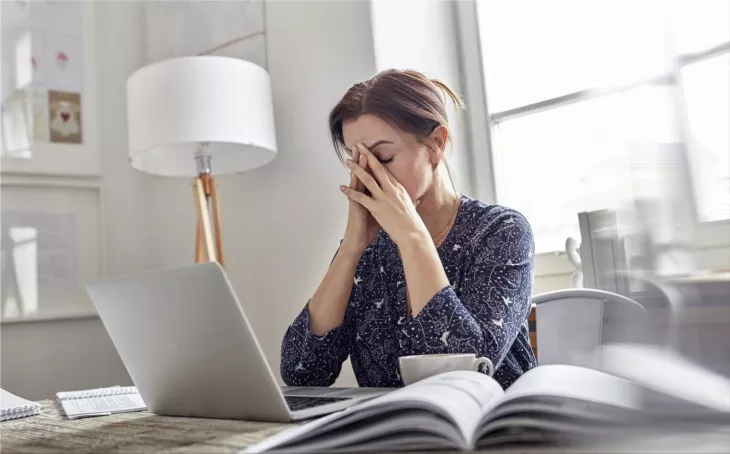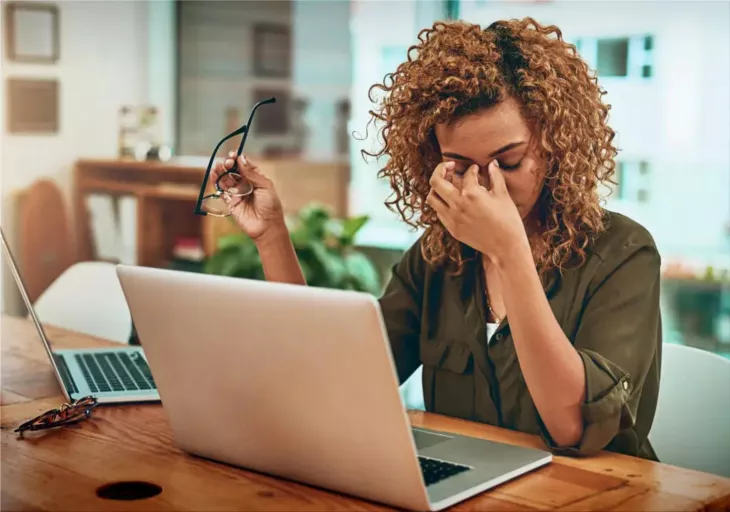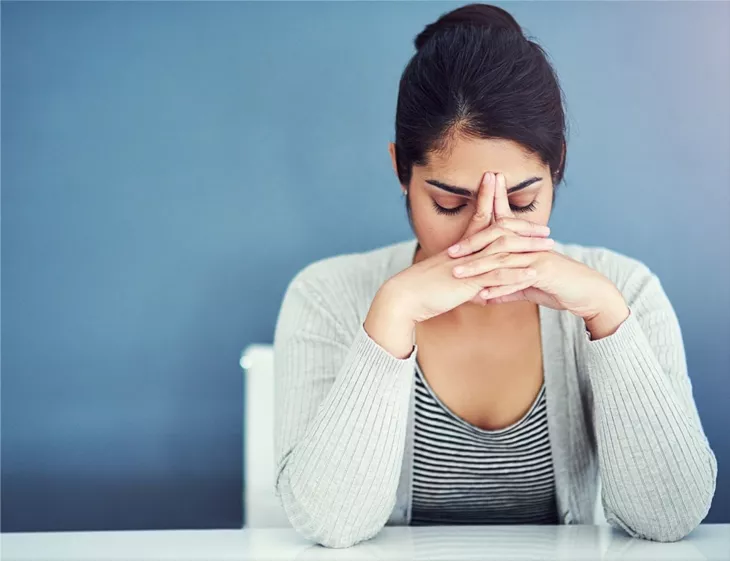Because of all the turmoil in the world today, it's not surprising that many individuals are emotionally overwhelmed. Living with chronic stress and anxiety is challenging and may make it hard to get through even the simplest of chores. Although it may require time and effort, some methods can help reduce stress and anxiety.
Anxiety symptoms may be exacerbated by not getting enough exercise, eating poorly, and not getting enough sleep. Researchers have shown a solid connection between physical activity and reduced anxiety. Due to its many beneficial effects, moderate and consistent physical activity is widely touted as one of the best ways to deal with stress.
The body produces a lot of adrenaline and stress hormones when someone is experiencing an anxious episode. Adrenaline can be put to good use, and excess stress hormones can be burned off through physical activity. When you work out, your brain releases even more feel-good endorphins. Weakened by the workout, your muscles are less prone to be tense and knotted.
Aerobic exercise, like running or brisk walking, can also help you control your breathing, lessening the intensity of anxiety. Altering your routine, and especially getting some outdoor exercise and sunshine, might provide a welcome diversion from your negative thoughts.
Particular food choices might exacerbate anxiety symptoms. Make an effort to eat well-balanced meals. Eating a lot of sugar can give you energy in the short term, but the drop in blood sugar might make you uneasy in the long run. Like caffeine, alcohol can boost performance in the short term but lead to increased anxiety and worry in the long run.
Studies suggest that malnourished persons are more likely to suffer from anxiety. Magnesium is a crucial mineral that is quickly depleted under pressure. Magnesium deficiency can be remedied by eating more plant-based whole foods and taking a magnesium supplement. Magnesium has been shown to aid with sleep regulation and general relaxation.
Anxiety can be helped by doing deep breathing techniques. Anxious persons are common folk to see hyperventilating. When you hyperventilate, you let out your breath too quickly, which can cause a decrease in blood oxygen levels and an increase carbon dioxide levels. Physical manifestations of worry, such as a racing heart, dizziness, difficulty breathing, a feeling of tightness in the chest, or chest aches, can make the situation even more distressing.
Hyperventilating on a regular and frequent basis, as revealed by research, can train your body to gasp even in the absence of stress or worry. Hyperventilation syndrome is the name for this kind of conduct. Twenty-five percent of those diagnosed with hyperventilation syndrome develop panic disorder, according to studies. Because of this, it's crucial to regulate your breathing.
You need not rely solely on taking deep breaths to regulate your breathing. Just focus on slowing your breath. Relax by taking deep, slow breaths in via your nose, holding for a few seconds, and then exhaling through tightly pursed lips. Practicing this technique will help you relax while restoring a healthy balance of oxygen and carbon dioxide in your blood. As a result, your heart rate will slow, and your anxiety levels will go down.
When anxiety strikes, it might be helpful to practice grounding techniques to help you regain composure and manage your response. Releasing tension in this way can also help alleviate bodily discomfort. If you want to be able to quickly and effectively apply grounding techniques when anxiety symptoms occur, try practicing them when you're feeling good.
The 5-4-3-2-1 technique is an effective grounding strategy. The exercise is to name five things you can see, four things you can touch, three things you can hear, two items you can smell, and one thing you can taste in your immediate environment. By engaging your senses, you can stop your mind from going into a tailspin of worry if you focus on the concrete world around you.
Progressive muscle relaxation is another approach with a track record of success. First, focus on tensing a single muscle group and retaining that tension for 15 seconds. After that, loosen up your limbs. If necessary, you can repeat the process of tensing the same muscle group multiple times. Moving to different muscle groups and tensing and relaxing them helps alleviate stress all over the body.
Managing anxiety is challenging. Chronic stress and worry can magnify more significant mental health problems if they aren't addressed. Therapy and other forms of professional mental health help have no reasonable substitute. But if you take care of yourself and master your symptoms, you'll have a solid basis to tackle stress and conquer anxiety.





